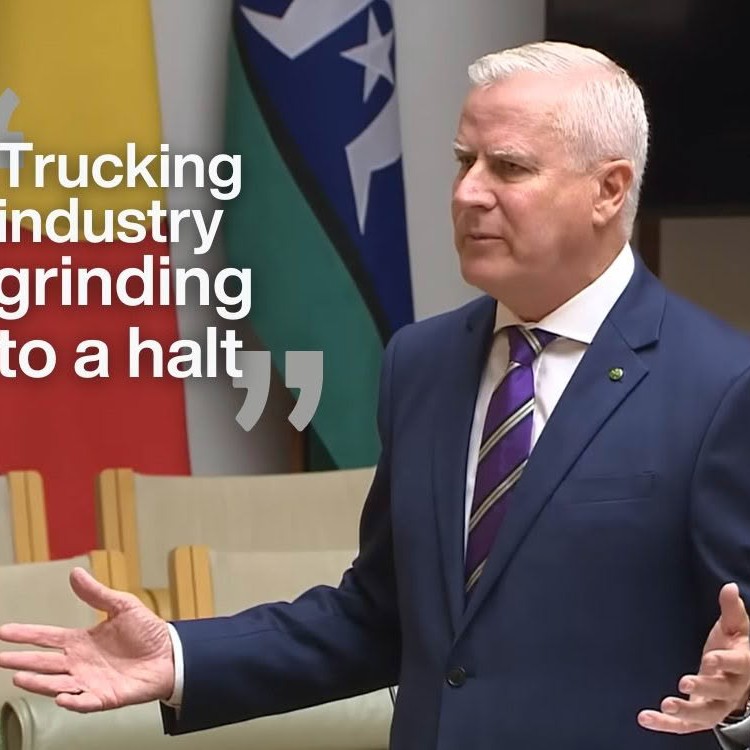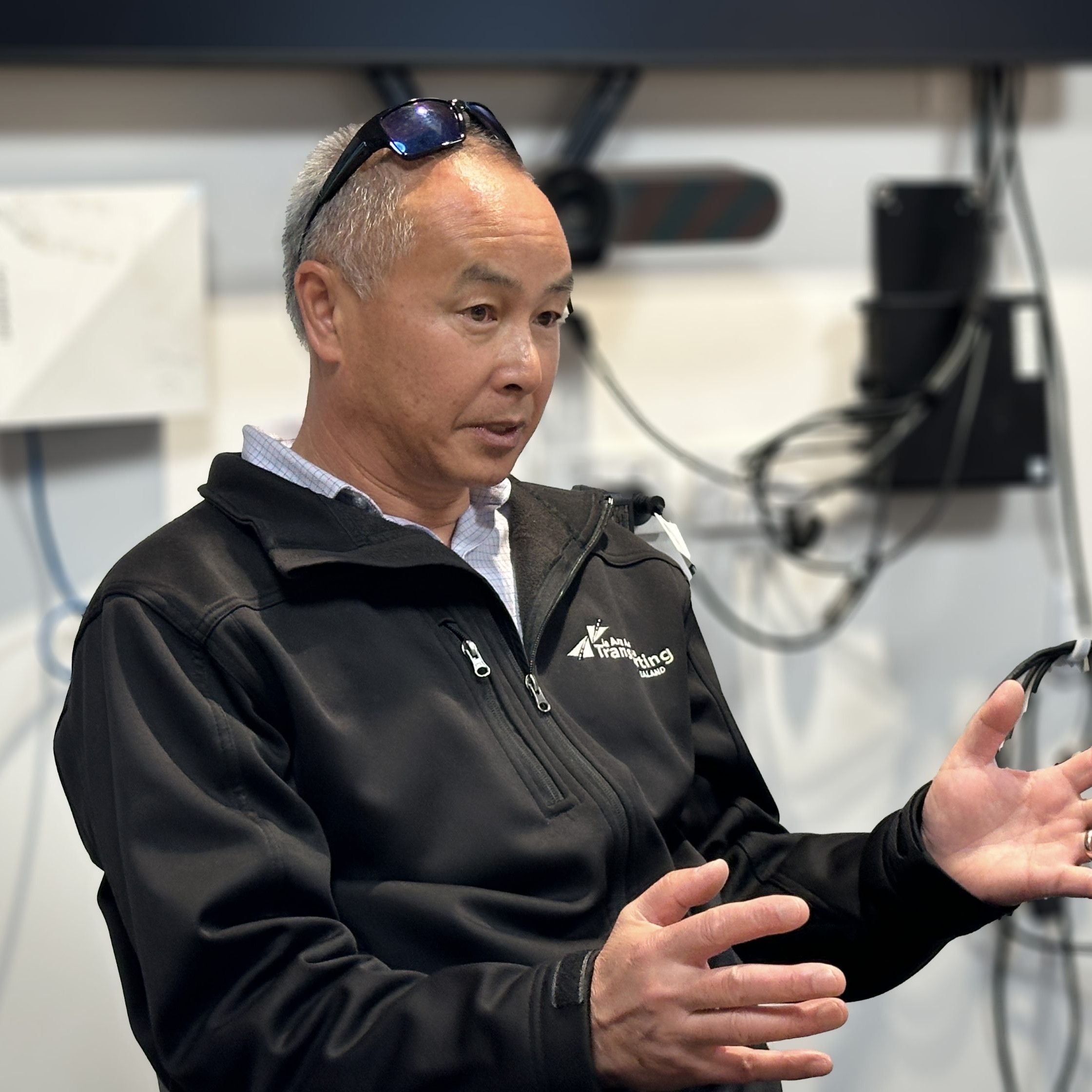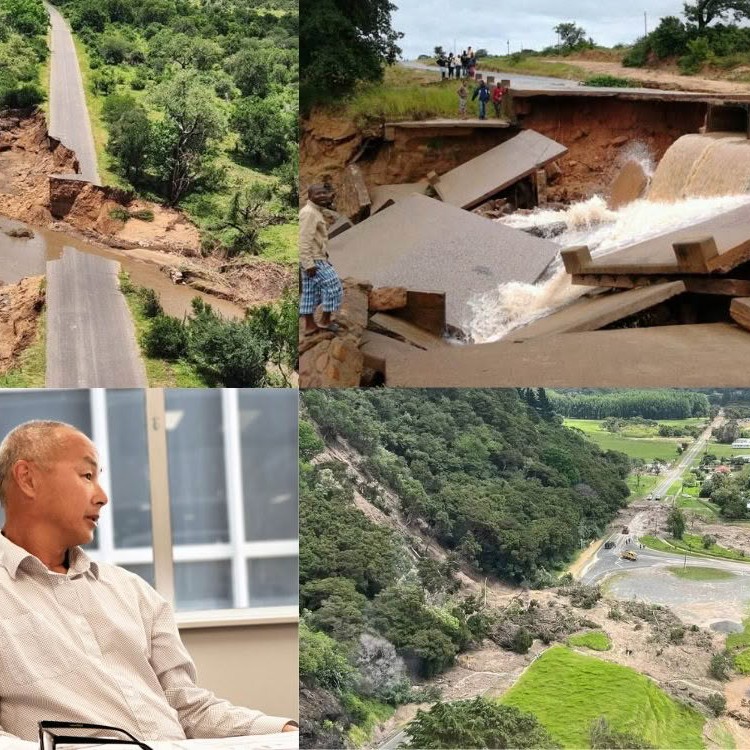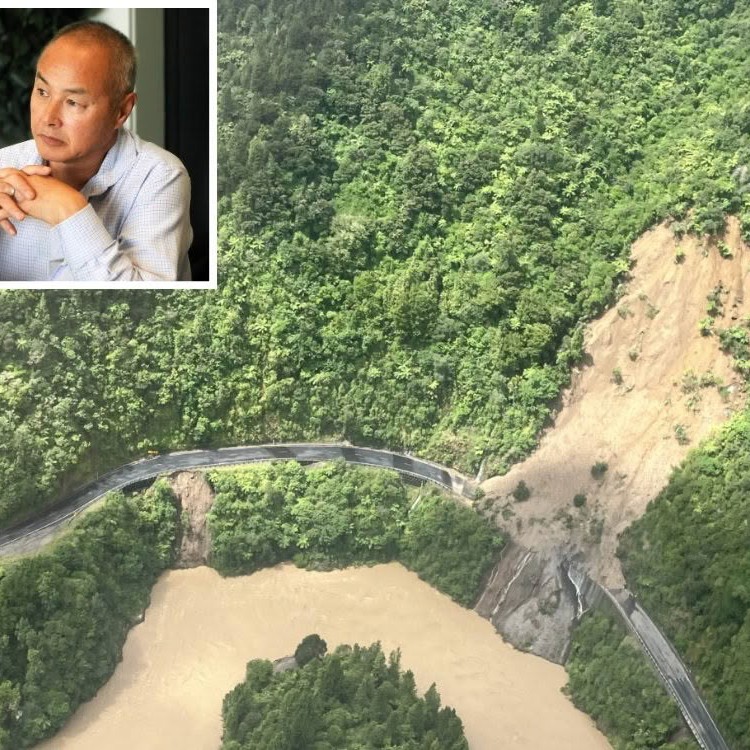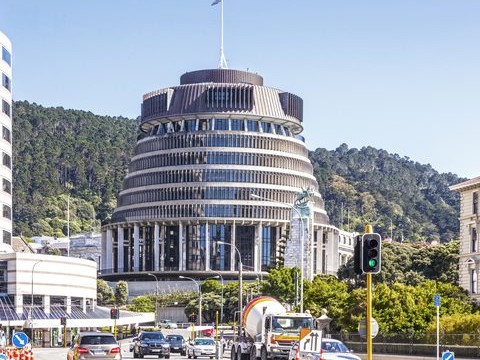
While the polls might not have accurately reflected the degree of swing to National nor the performance of New Zealand First, Labour’s loss was not unexpected. The reasons for the swing will be varied, and I won’t waste time speculating, but what was clear is that there was definitely a strong mood for change.
The deadline for the special votes to be counted is November 3 and the realities of the MMP system mean it may take a little while for the coalition details to be ironed out and the exact make-up of the new government to be announced. However, that said, I think we are relatively fortunate that, unlike some countries, we can expect a relatively smooth and non-acrimonious transition period to a new government.
Nevertheless, it is clear that we will have a National-led government, with Christopher Luxon as prime minister. Who the incoming Transport Minister will be remains to be seen. I believe there are a few contenders, and we watch this with interest as it will also give some indication of where the new government ranks transport as a priority.
We still don’t know whether New Zealand First and Winston Peters will play a pivotal role.
If they do, they are likely to push for more regional growth policies, as indicated in their manifesto, including advocating for more coastal shipping and rail.
New Zealand First says it “supports land, air, and sea links that build an integrated transport system while improving regional connectivity. Transport funding and planning can no longer be urban focused only, due to its importance as an enabler of economic growth in the regions. Considerable work has already been done to ensure transport is economically, socially, and environmentally sustainable while also being fit for future use.”
In the months prior to the election we developed the Election Platform 2023 showing our position on key transport areas. We also had one on one meetings with Simon Court and Simeon Brown and we held the Panel discussion at our annual conference with representatives from all the major parties. Therefore we are pretty familiar with the plans and views of the respective parties.
Given the discussion and rhetoric earlier, we are optimistic that the election result will lead to increased spending on essential roading projects. Prior to last weekend we also made it clear in principle we backed the transport-related parts of the National Party’s 100 Day Action Plan, which was released before the election.
National says its Transport for the Future programme “will cut congestion, provide more low emission transport options in support of our climate change goals, and create a more productive and resilient transport network that drives economic growth to boost incomes and unlock land for thousands of houses.”
Transport for the Future includes building more Roads of National Significance, better public transport, and rebuilding regions and improving resilience.
We all know that highway infrastructure has been suffering from chronic under-investment, and every day we hear from road transport operators concerned by the poor state of New Zealand’s roads.
We support the creation of a National Infrastructure Agency and the need to build a resilient road network. Long-term, we also support a return to building more Roads of National Significance.
Transporting New Zealand is also behind taking a pragmatic, evidence-based approach to setting speed limits around the country. Instead, we have seen a one-size-fits-all approach and this has led to nonsensical speed limits on safe, open roads. Pre-election, National was adamant it would repeal the Land Transport Rule, Setting of Speed Limits 2022. This rule underpins many of the changes that are getting underway now and is creating a massive amount of work and expense for local authorities, not to mention the heavy demand it imposes on road users like us and the AA during the consultation phases. Stopping this change will be a significant relief and a good win for our sector.
As has happened for years, over time the road transport industry and the market place have adjusted pay, which has led to fairer working conditions, so I don’t believe we were on the radar for direct intervention under the Fair Pay Agreements Act, however we were also supportive of National’s plans to repeal this legislation.
In addition, National is pledging to remove the clean car discount and fees for higher emitting vehicles and bring in road user charges for EVs after next March. Simeon Brown says National plans to eventually fund all roads through per kilometre charges.
It’s inevitable that the discount will disappear at some stage, and funding for roads and other infrastructure has to come from somewhere – and I think it would be wise to explore alternative funding sources.At the same time, the environment and climate change are major factors that will continue to have a major impact on the country, so the new government will need to take account of those. One positive factor is new technology and the benefits it is already bringing to the transport industry and the wider community.
That all sounds good in theory – let’s hope the new government can follow through with real action. I can assure you we will be holding them to account on their promises.


